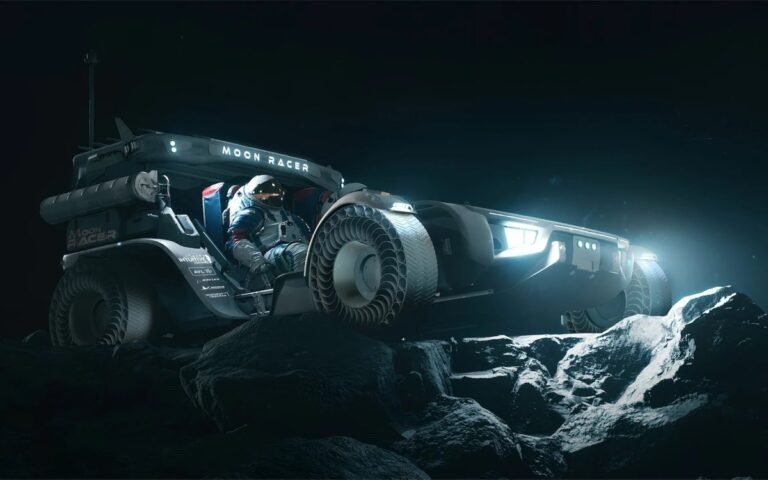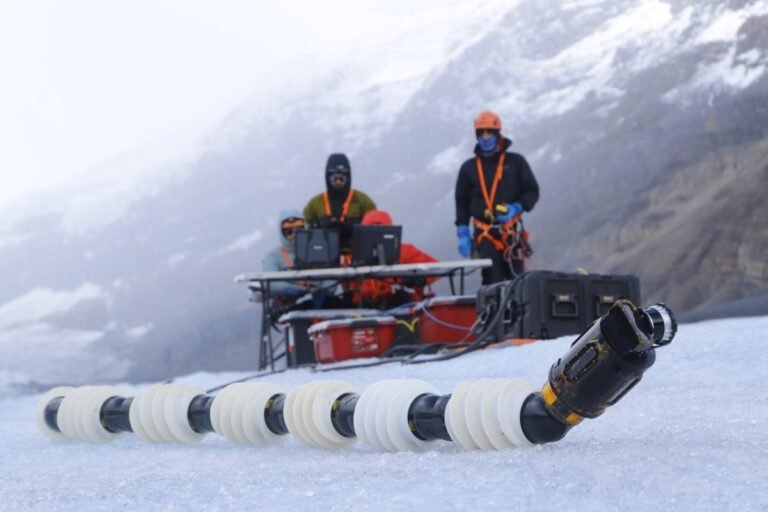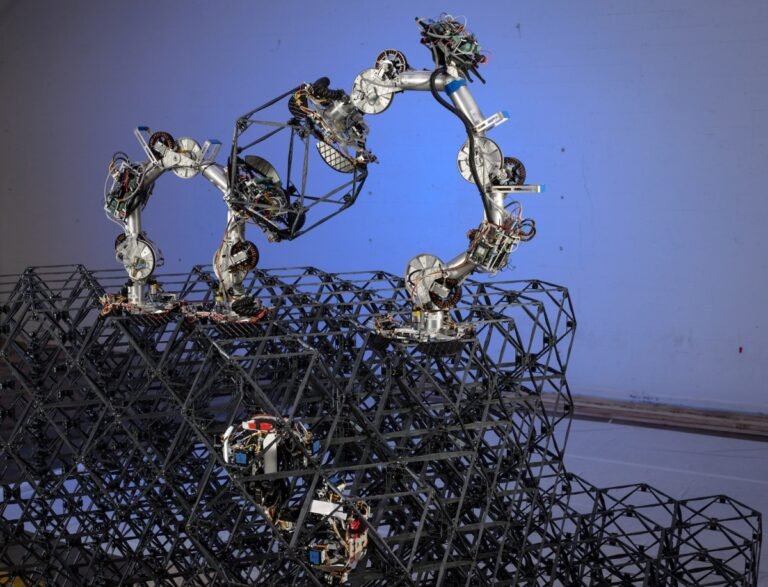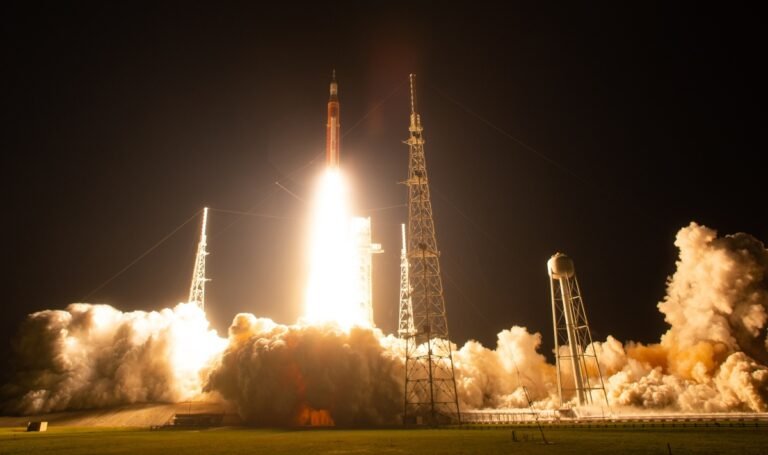
NASA has given three space companies the chance to design the next generation moon buggy — but only one design will go to space.
Intuitive Machines, Lunar Outpost, and Venturi Astrolab are developing rugged vehicles intended for astronauts to drive around on the lunar surface, from which NASA may choose as early as next year.
The three teams will now enter into a 12-month “feasibility phase” that will culminate in a preliminary design review.
NASA declined to specify the dollar value of the awards, though Intuitive Machines said in a statement that it was awarded a $30 million contract.
“With NASA’s Artemis campaign, we are building up the capabilities needed to establish a longer-term exploration and presence of the moon,” he said.

The latter has made snake robots a compelling addition to search-and-rescue teams, as the systems can squeeze into spots people and other robots can’t.
That means a lot of ice, as NASA researchers are planning to send it to Saturn’s small, cold moon, Enceladus.
Twenty-first-century flybys from Cassini have revealed a water-rich environment, making the ice-covered moon a potential candidate for life in our solar system.
The eventual plan is to use the snake robot, Exobiology Extant Life Surveyor (EELS), to explore oceans beneath the moon’s crust and finally answer one of the universe’s big, open questions.
In fact, CMU spinout HEBI Robotics designed the modules being used in this early version of the system.

Ingenuity, the small helicopter that’s been buzzing around the Red Planet for almost three years, has taken its final flight.
NASA announced today that at least one of the helicopter’s carbon fiber rotor blades was damaged during its last mission, grounding it for good.
As NASA Administrator Bill Nelson explained in a statement today, Ingenuity was up against the very, very thin Martian atmosphere, which is less than 1% as dense as Earth’s.
It arrived on the Red Planet attached to the underside of the Perseverance rover, which is still active on Mars’ surface.
Just last week, NASA experienced a two-day communications blackout with the little helicopter after it conducted what turned out to be its final flight.

Ingenuity, the small helicopter that’s been buzzing around the Red Planet for almost three years, has taken its final flight.
NASA announced today that at least one of the helicopter’s carbon fiber rotor blades was damaged during its last mission, grounding it for good.
As NASA Administrator Bill Nelson explained in a statement today, Ingenuity was up against the very, very thin Martian atmosphere, which is less than 1% as dense as Earth’s.
It arrived on the Red Planet attached to the underside of the Perseverance rover, which is still active on Mars’ surface.
Just last week, NASA experienced a two-day communications blackout with the little helicopter after it conducted what turned out to be its final flight.

Fortunately, NASA (as as always) is thinking ahead, and has just shown off a self-assembling robotic structure that might just be a crucial part of moving off-planet.
“We think this type of construction technology can serve a lot of very general applications,” said lead author Christine Gregg.
“In the near term, the robust autonomy and lightweight structures of our approach strongly benefit applications in austere environments, like the lunar surface or space.
“For us, the structures and all of the robotic systems are resources that can be optimized over space and time.
Versions of the robot have already flown in space and done work in microgravity, so no worries on that score.

Scientists have been interested in predicting when sunspots will produce flares that can disrupt Earth’s systems. Sunspots are dark patches on the solar surface, and they become more common as…

The Space Launch System’s first test was a major success, and NASA is confident that the rocket and Orion capsule are ready for their next mission: Artemis II, which will…










